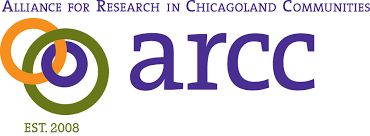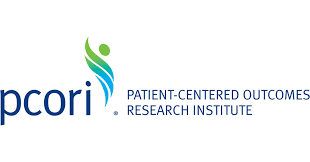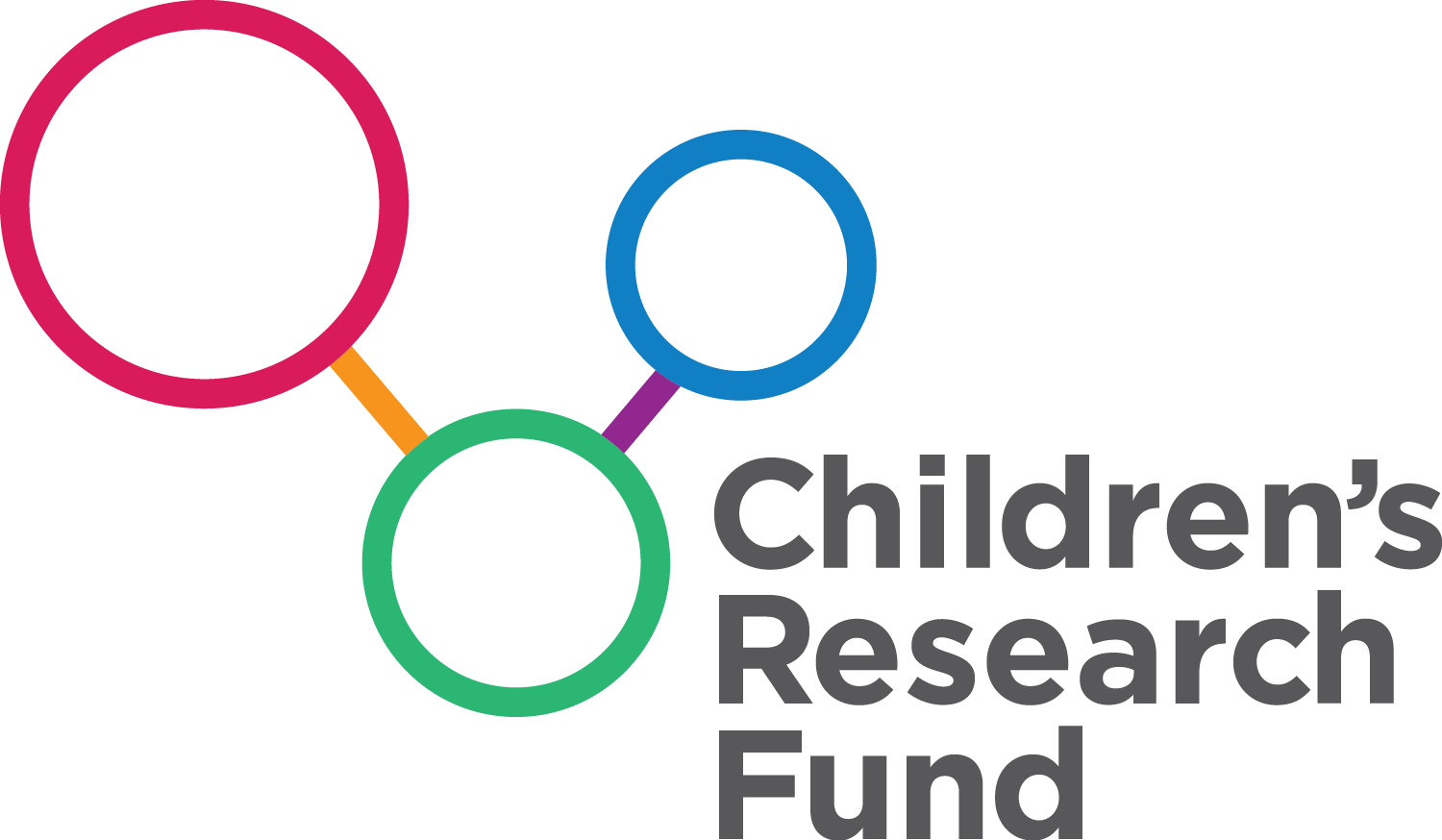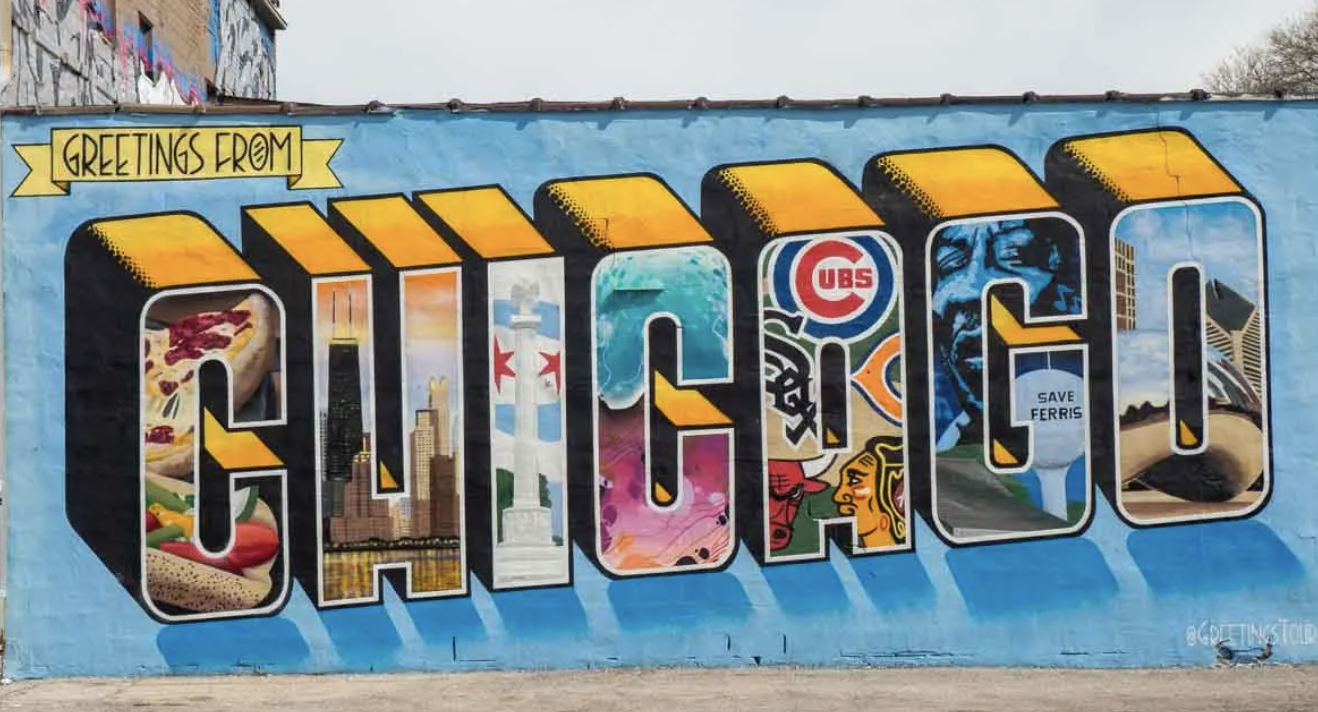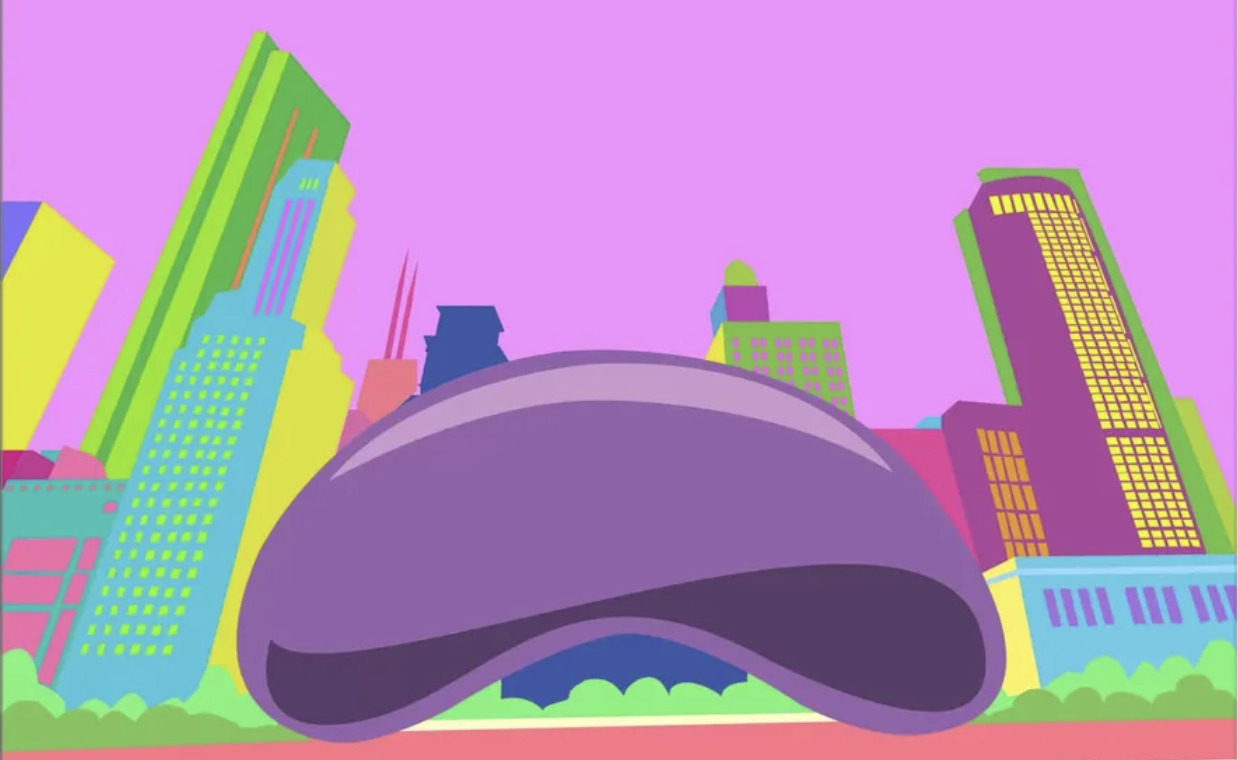
Implementation science + Health Equity Advancement Laboratory
(I+HEAL)
-
To promote equity and health justice by dismantling dehumanizing systems of oppression and creating more liberatory systems in the U.S. and globally.
-
Clinical Settings
Community Settings
Global Settings
We use the following methods in our work:
Community-Engagement and Shared Decision Making: a collaborative approach that includes community members in the research process. This approach recognizes the unique strengths community members bring to a project and often begins with a research topic that matters to the community with the goal of achieving social change. It enables community members to share power in research decision-making.
Dissemination and implementation (D&I) Science: bridges the gap between what health scientists know through their research to what healthcare clinicians implement as standard practice for quality healthcare delivery.
Learning Health System (LHS) Frameworks: address complex healthcare delivery challenges by continuously aggregating and analyzing data from ongoing healthcare interactions. This helps define best practices and embed insights into the care delivery process for improvement. LHS are aspirational models because they aim to increase dialogue among researchers, policymakers, practitioners, and patients for continuous healthcare improvement and innovation.
Human- and Liberatory-Centered Design Strategies - aim to make systems usable and useful by focusing on and involving users in every step of the problem-solving process, with intentional attention to understanding, framing, and building more equitable and inclusive products, services, systems, and experiences.
Health Equity and Health Justice Practices
Follow us on social


